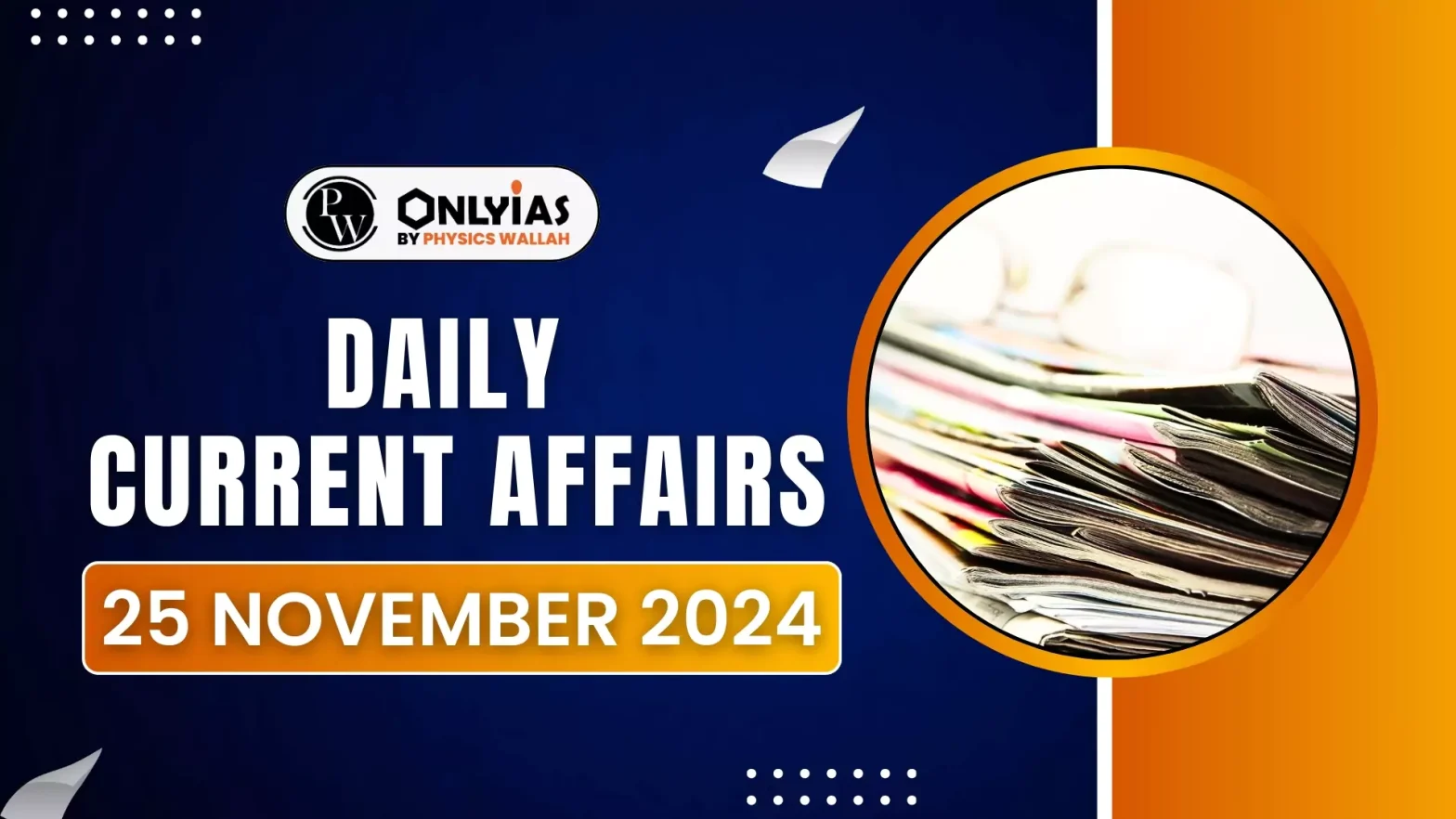Recently a US court indictment alleges Gautam Adani, Sagar Adani, and others bribed Indian officials to secure Power Supply Agreements (PSAs) under SECI’s 2019 manufacturing-linked solar tender.
Power Supply Agreement (PSA)
A PSA is a contractual agreement between two parties:
- A Power Generator (GenCo): This is the entity that produces electricity, often through renewable sources like solar, wind, or hydro power.
- A Distribution Utility (DU): This is the entity responsible for distributing electricity to consumers.
- PSA ensures a reliable and consistent supply of electricity to consumers.
- Role of PSA: It defines the terms and conditions of the power purchase, protecting the interests of both the generator and the distributor
|
Enroll now for UPSC Online Classes
About Solar Energy Corporation of India (SECI) Ltd
- SECI is the leading Central Public Sector Undertaking (CPSU) dedicated to the development and expansion of Renewable Energy (RE) capacity in India.
- Establishment and Structure: Founded in 2011 as a not-for-profit company under Section 25 of the Companies Act, 1956.
- Converted to a commercial company in 2015 under Section 3 of the Companies Act, 2013.
- Functions under the Ministry of New and Renewable Energy (MNRE) and was accorded Miniratna Category-I CPSU status.
- Objective: To support India’s National Solar Mission and achieve its Nationally Determined Contributions (NDCs).
Key Roles and Responsibilities of SECI
- Renewable Energy Development: Implements solar, wind, and hybrid energy projects nationwide.
- Manages over 65.3 GW of awarded renewable energy capacity (40 GW solar, 16.3 GW wind, 9 GW hybrid).
- Energy Procurement and Trading: Procures energy via competitive bidding and sells it to DISCOMs through long-term Power Purchase Agreements (PPAs) and Power Sale Agreements (PSAs). It holds a power trading license and actively trades renewable energy.
- Project Implementation: Executes turnkey solar projects for PSUs and government departments.
- Develops innovative models to expand renewable energy capacity.
- Mission Fulfillment: Supports India’s National Solar Mission and renewable energy targets by developing and expanding clean energy infrastructure..
Solar Bidding in India
- SECI tenders often link solar power generation with module manufacturing, which requires high equity investments.
- The 2019 tender was among the first to combine these activities, creating operational challenges.
Issues regarding Solar Bidding in India
- Tariff Decline and PPA Challenges: Solar tariffs often fall in newer bids, leading DISCOMs to hesitate in honoring earlier PPAs at higher rates.
- For example PPA signed at ₹2.5/unit is less attractive when newer tariffs drop to ₹2/unit.
- DISCOM Reluctance: Many DISCOMs already meet renewable purchase obligations and delay or avoid signing PPAs to wait for further tariff reductions.
- High Costs of Manufacturing-linked Tenders: Developers face difficulties managing manufacturing and generation simultaneously due to conflicting financial requirements.
- SECI’s Challenges: Difficulty in securing buyers for discovered tariffs and in aligning state DISCOMs with federal renewable energy goals.
- Corruption and Accountability: Allegations of bribery for PSA approvals highlight governance and regulatory concerns within the bidding and agreement processes.
Check Out UPSC NCERT Textbooks From PW Store
Way Forward
- Strengthening Governance: Enhance transparency and accountability through independent audits, robust oversight mechanisms, and stricter anti-corruption frameworks for tendering and approvals.
- Tariff Rationalization: Develop dynamic pricing models to bridge the gap between older and newer tariffs, encouraging DISCOMs to honor PPAs while protecting developers’ interests.
- Promoting Buyer Confidence: Introduce incentives for DISCOMs to prioritize renewable energy procurement, including financial support or subsidies for tariff differences.
- Separation of Functions: Unbundle manufacturing and generation components in tenders to reduce operational and financial burdens on developers, ensuring better participation and execution.
![]() 25 Nov 2024
25 Nov 2024

